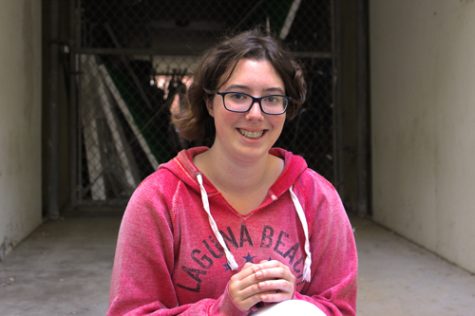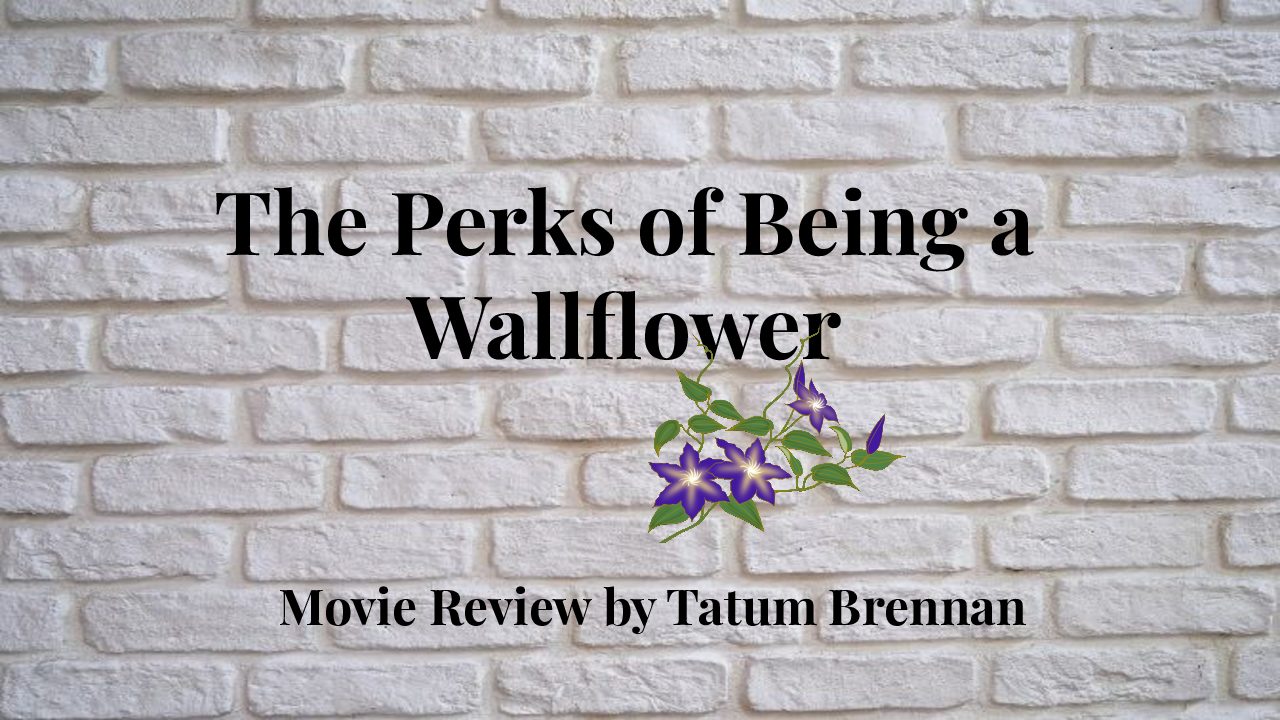Popular culture reaches a variety of people
November 17, 2016
Whether you like it or not, you are surrounded by it 24/7. It shows up in our movie theaters, our TV sets, our bookstores, our iPads and even on our t-shirts. It’s even seen on campus in the form of students who dressed up for the Spirit Week leading up to the Harry Potter-themed homecoming. Pop culture and its devotees are more widespread in our culture than ever before, yet the communities that form around such popular entertainments as superhero films, comic books and videogames are still something of an enigma to the average American. Are these fandoms really as elusive as they seem? And how exactly do these communities and their various expressions form?
From the Internet to comic conventions, fandoms can form in various places. Fans bond over a shared interest, such as a TV show or movie, but unlike the average viewer or reader, members of these unique communities take their love for a work of fiction beyond just saying how wonderful it is. Instead, they contribute to the life of their beloved fictional worlds by analyzing their favorite franchises (known as “meta” in the fandom world), creating fanart and fanfiction, and engaging in online or offline communities where fans can participate in a variety of activities such as joining message board discussions, dressing up as favorite characters or role-playing. In this way, fandoms extend the lives of fictional worlds and characters far beyond the movie, book, show or game where those worlds and characters originated.
“Fandoms have resulted in the formation of strong friendships that have endured well past the fandom that brought us together,” said English teacher Kristen Kaa, an avid Harry Potter fan.
Of course, there are various types of fandoms, fans and communities—far too many to list all of them in this article alone. Many types of fandoms seem to revolve around fictional apocalyptic scenarios. One example that has shambled into the public consciousness in recent years is the zombie fandom. Zombies have appeared in all types of media, and people can’t seem to get enough of these undead moaners. Why do people find zombies so appealing? One reason is that they show us not only that we can “fight powerful societal forces on our own” but also that when “dealing with mysterious forces greater than ourselves, there will be a comforting sense of community” (Zombie Culture: Autopsies of the Living Dead). Zombies also bring up questions of survival, ethical decisions and death (Why We’re Obsessed with the Zombie Apocalypse). All of these are questions that humans have pondered since the beginning of time, and in this day and age, zombies seem to be the most prevalent link to all of these existential dilemmas. Then again, maybe they’re so popular because people like to imagine what would happen if they found themselves in a zombie apocalypse.
Another fandom that has become extremely prominent is the superhero fandom. Whether you’re into Marvel, DC or something else, just about everyone has a superhero that they adore. Superheroes have been in comics for years, but many, from well-known heroes like Batman and Iron Man to lesser-known ones such as the Guardians of the Galaxy or Deadpool, have become breakout successes on the big screen. People love superheroes so much because, by seeing heroes coping with tragic and stressful events, heroes can teach everyone how to rise above difficult situations and become a better person (“The Psychology Behind Superhero Origin Stories”). People also love superheroes because they often function as a sort of modern mythology that everyone can relate to. Every generation has its own superheroes, and just about everyone can find a superhero whom they can cherish and relate to. People of past civilizations had Perseus and Hercules; people of today have Superman and Wonder Woman.
“A lot of it’s fantasy, which takes you into another world so you don’t have to worry about your problems,” said senior Lucas Toro. “It’s kind of nice.”
Regardless of what fandom you count yourself as a member of, pop culture has endured for a reason. It gives people a place to escape to, to find community, to express themselves creatively and to find strength and empowerment when their own lives are lacking in it. Pop culture is here to stay, and we should be proud of the legacy we have created with our TV screens, movies and comics.






